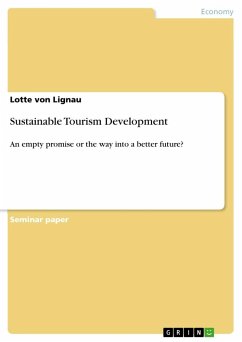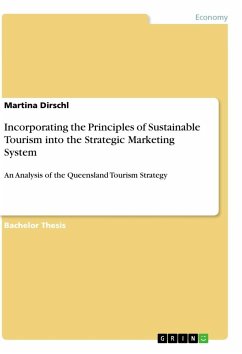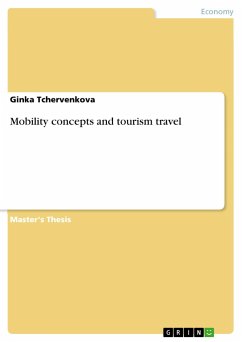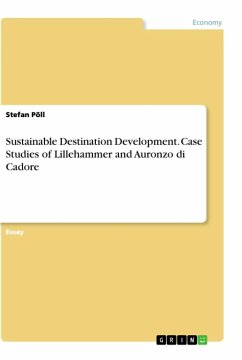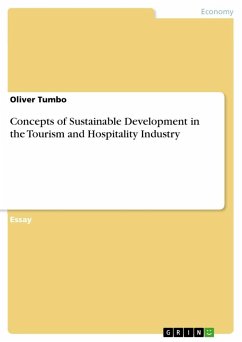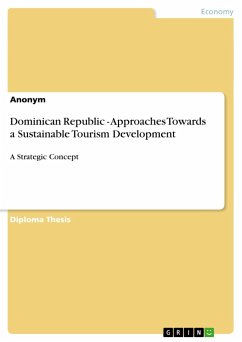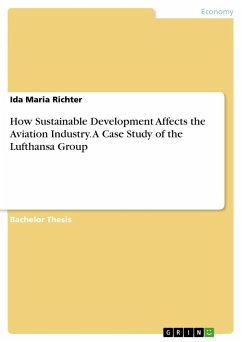Seminar paper from the year 2013 in the subject Tourism - Miscellaneous, grade: 2,0, University of Applied Sciences Bremen (IGC), course: Sustainable Tourism Management, language: English, abstract: The world's resources are limited and will sooner or later come to an end. This is an undeniable fact as the consequences of decades of reckless exploitation are painfully being brought to our eyes by countless reports on continuing ozone depletion, growing desertification, fatal meltdown of the polar caps and inexorable global warming. Yet the plain realization does not always go hand in hand with immediate action. While there is a new global consciousness towards ecology and the preservation of nature there is still a long way to go in order to avert the earth's destruction.The tourism sector - being described by the UNWTO (2012, p. 2) as one of the world's largest and fastest growing industries - plays a crucial role in this context. The enormous growth not only in the transportation sector holds a major responsibility for increasing CO2 emissions worldwide. But it is not only the environmental destruction that the tourism industry needs to fear and assume responsibility for. Negative impacts of Globalization are being excellerated as the tourism sector continues to grow. The rich become richer on the expense of the poor, local communities are being exploited as tourist attractions, and traditions and social structures get lost due to increasing intercultural contacts. If the tourism industry does not take immediate action it will destroy its most important resources: beautiful nature, traditional culture and the hospitality of local people.But is it really this easy? Are all globalization effects negative? Do the poor always have to be the losers in this process? Is it exploitation, when local communities show their traditions to foreigners? Or is it a welcome opportunity to generate new income and improve the well-being of the people? Who decides what is good for the world and on what basis? For many tourism businesses the the term "sustainable development" has become a keyword. Can this concept show a way out of the dilemma? Or is it just an empty shell used to improve one's reputation and boost sales? These are some of the questions that will be addressed in this paper in order to evaluate the future of the concept of "sustainable development" for the tourism industry.

